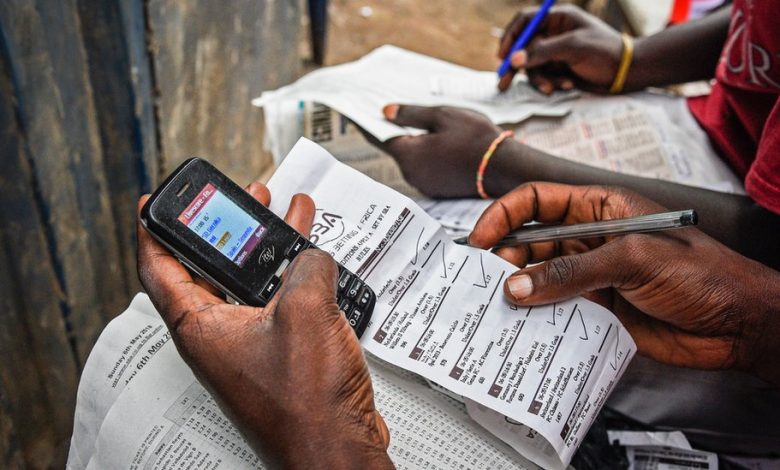Gambling addiction among university students worries experts
The proliferation of betting platforms and the allure of quick riches have drawn an increasing number of students into the world of gambling, with detrimental consequences for academic performance and mental well-being.

In recent years, Uganda has witnessed a surge in gambling activities among its student population, raising alarms among educators, parents, and mental health professionals.
The proliferation of betting platforms and the allure of quick riches have drawn an increasing number of students into the world of gambling, with detrimental consequences for academic performance and mental well-being.
According to a recent study conducted by the Uganda Ministry of Education, approximately 30% of university students admit to participating in some form of gambling, with the majority being drawn to sports betting and online casinos. This trend has sparked concerns over its impact on academic engagement and performance.
Dr. Sarah Namubiru, a psychologist at Makerere University, expressed deep concern over the psychological toll of gambling addiction among students.
“We are witnessing a rise in cases of anxiety, depression, and even suicidal ideation among students grappling with gambling addiction,” she stated. “The financial strain resulting from gambling losses exacerbates existing stressors, leading to a vicious cycle of mental health deterioration.”
Educators also worry about the distraction posed by gambling activities. “We have noticed a decline in academic performance among students who are heavily involved in gambling,” remarked Mr. David Ssempala, a high school teacher in Kampala. “They often skip classes, neglect assignments, and struggle to concentrate due to their preoccupation with betting.”
The financial repercussions of gambling addiction are equally concerning. Many students, enticed by the promise of easy money, find themselves trapped in a cycle of debt and financial instability.
“I started gambling to supplement my income, but it quickly spiraled out of control,” confessed James, a third-year university student. “I’ve accumulated significant debts and now struggle to afford necessities.”
On March 13, 2024, while presiding over the recognition and reward ceremony of the College of Business and Management Sciences (COBAMS), Prof Barnabas Nawangwe the vice chancellor of Makerere University noted that at least 1,000 students drop out of Makerere University annually after losing tuition fees to sports betting.
Prof Nawangwe said they conducted research after revelations that students drop out of the institution due to failure to pay tuition.
“Our investigations have shown that those people were dropping out not because they failed to pay fees. They got fees from their parents and wanted to invest in betting to get interested,” Prof Nawangwe said.
According to him, the same students hoodwink their parents and take them to Freedom Square on graduation day yet they have never stepped in a lecture room.
“They ended up being broke and kept telling their parents stories. And parents don’t hear their names being read in the graduation booklet,” he said.
Despite efforts by the government to regulate the gambling industry and restrict access to minors, enforcement remains lax, allowing betting companies to target vulnerable populations, including students. Calls for stricter regulations and increased awareness campaigns to educate students about the risks of gambling have intensified in light of these developments.
In response to mounting concerns, universities and schools are ramping up efforts to provide support services for students struggling with gambling addiction. Counseling centres and peer support groups offer a safe space for students to seek help and guidance in overcoming their addiction.
As Uganda grapples with the growing scourge of gambling addiction among its youth, stakeholders are urging concerted efforts to address the root causes of the problem and safeguard the well-being of future generations.







